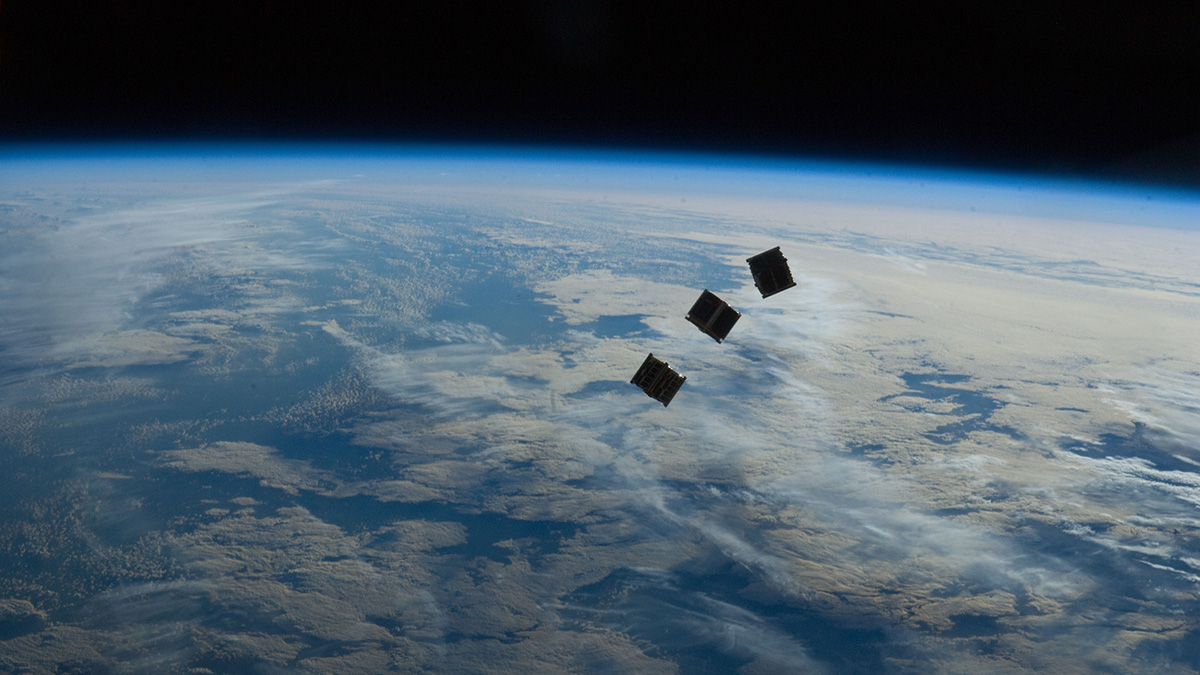Source: Zimbabwe’s Scientists Look Forward to Country’s First Satellite – Eos

Zimbabwe plans to launch its first satellite, ZIMSAT-1, in February 2022. The CubeSat will host a multispectral camera and image classification tool, as well as a device to transmit and receive signals from amateur radio operators. Scientists said these tools will allow stakeholders to more quickly and fully assess data for issues like ground cover and drought.
ZIMSAT-1 is the latest mission from the Joint Global Multi-Nation Birds Satellite (BIRDS) project, a multinational program to help countries build their first satellite. ZIMSAT-1 was built by Zimbabwean engineers working with the Kyushu Institute of Technology in Japan, and the Japan Aerospace Exploration Agency will launch it. In addition to the satellite itself, BIRDS supports a free app (BIRDS-NEST) with which satellite images from ZIMSAT-1 can be downloaded onto smartphones.
ZIMSAT-1 will be a capstone to Zimbabwe’s fast growing space program, which was established in 2018 as the Zimbabwe National Geospatial and Space Agency (ZINGSA), housed at the University of Zimbabwe in Harare. In 2020, ZINGSA was allocated $7 million.
“The use of space technologies presents vast opportunities, such as managing our abundant natural resources, environmental hazards and disasters, weather forecasting, climate change mitigation and adaptation, agriculture and food security, as well as disease outbreaks,” said Zimbabwean president Emmerson Mnangagwa at an event earlier this year.
Wilfred Nunu, public health lecturer at the National University of Science and Technology in Bulawayo, Zimbabwe, welcomed the launch of the satellite as “a good idea…. It is also a positive step towards ensuring we have access to data for most of our projects in line with remote sensing.”
Nunu said he is “100% likely” to use data from the satellite. “We usually struggle to download data, particularly in our projects relating to land use and land cover changes for a wide period of time. We also do drought monitoring in light of climate change,” he said.
Growing Fleet of Satellites from Africa
—Munyaradzi Makoni (@MunyaWaMakoni), Science Writer
COMMENTS